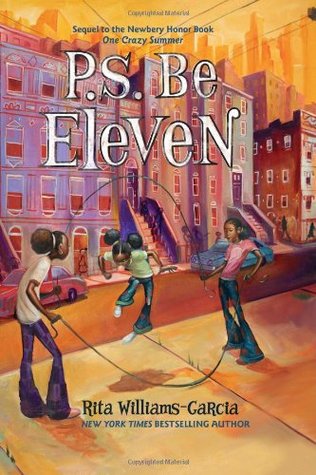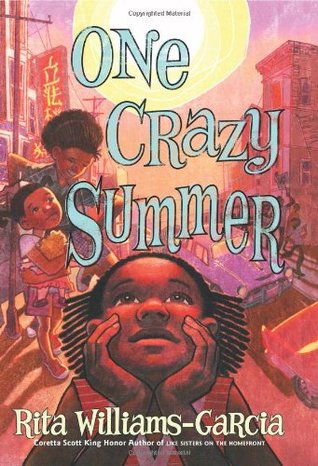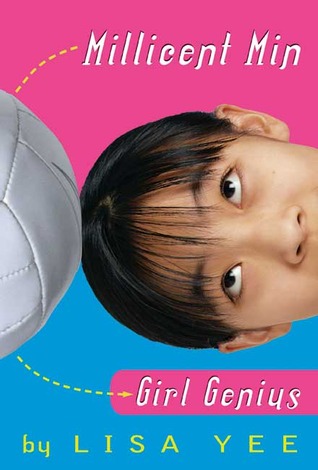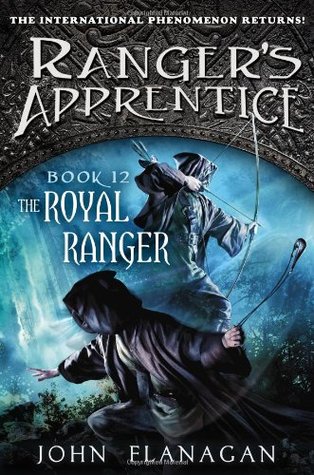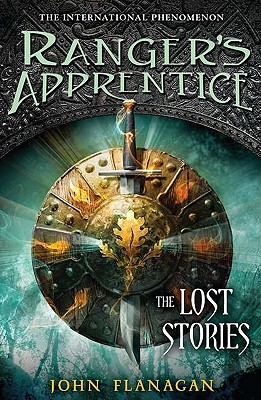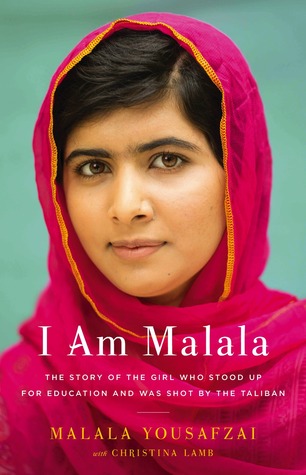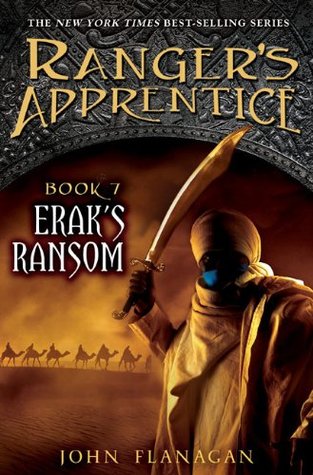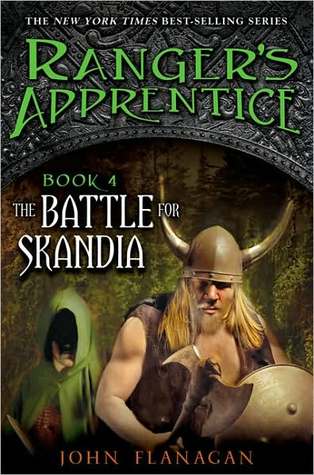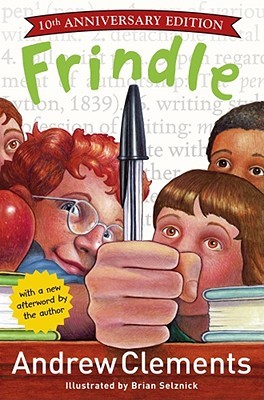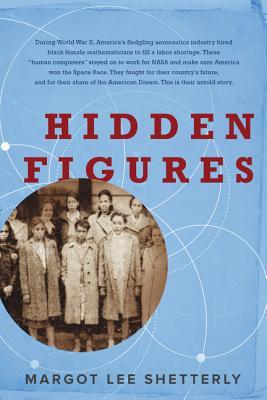★★★★★

I'm a big fan of Elizabeth Warren, and Ken pre-ordered this book for me even before it was released. Life being busy, however, I hadn't gotten around to reading it until now. I was actually spurred on by having had the amazing opportunity to see Senator Warren speak live at a town hall event. Now, reading this book, I could easily imagine her voice speaking the words, full of passion and intensity.
Without going through a full post-mortem of the 2016 presidential election, suffice it to say that I, personally, do not subscribe to the idea that "economic anxiety of the poor white working class" was the
primary reason for why we got the results we did. But the "economic anxiety of the poor white working class" was certainly a factor, and the bulk of this book goes a long way towards explaining the economic reality faced by the poor working class - people who used to be able to live as middle class.
I really enjoyed the personal anecdotes from Elizabeth Warren's own life (and the accompanying photos). She had a humble upbringing, and after a medical emergency, her family was saved from the brink of financial disaster because of a government that ensured a livable minimum wage. As a young adult, she took an unconventional path towards college graduation, which was only possible because of a government that supported affordable commuter colleges and the infrastructure that allowed students to physically get there. For Elizabeth Warren, the fight is personal: she wants every American to be given the same kinds of second chances that she and her family got in the 1960s.
This book provides an eye-opening history of how, after the Great Depression, government policies and regulations leveled the playing field and helped set the stage for long-term economic stability and prosperity for all Americans, regardless of class. (Brief asides do admit that the vast majority of benefits were enjoyed by white people, and racial inequality is an issue in itself.) But then, wealthy corporate leaders systematically stacked the deck in their own favor by promoting pro-business and anti-government rhetoric and policies, breaking the system that had already been proven effective, and leading to wider and wider disparities in income growth - the rich got richer while the poor and middle class stayed where they were, or became worse off.
Elizabeth Warren makes the argument for the kind of social contract Americans enjoyed after the Great Depression, one in which "we worked together to form a giant insurance program, with each of us contributing through taxes. When we needed a hand, we could turn to each other, through our government, to help us make it through... [W]e were all in one big American boat together - rich and poor, working and nonworking, young and old." (p. 99-100) I know some people will reject that kind of philosophy as "socialist" - as if "socialist" were, by definition, a bad thing. And yet, I would think that Christians (who make up a significant portion of the Republican base) especially would find that kind of social contract appealing, because it seems like the most efficient way to ensure that we "value others above yourselves, not looking to your own interests but each of you to the interests of the others." (Philippians 2:3-4)
To implement that social contract, Elizabeth Warren believes strongly in two specifics tenets: 1) trickle-down economics is total bunk, and 2) the most important thing the government can do to promote opportunity for all is to invest in education, infrastructure, and research. And she brings the receipts, with data and sources backing up her position, all listed out in the Notes section. I also found her no-nonsense attitude - with lines like, "That idea is stupid on its face." (p. 182) - pretty entertaining.
Though most of the book focuses on economics, policies, and the powers that influence them, a few pages towards the end of the book directly addresses the racism, prejudices, and bigotry of the Republican party - and Donald Trump, specifically.
The book wraps up with Elizabeth Warren's perspectives during the 2016 presidential campaign, and her reaction to the results. She doesn't hold back when she paints a bleak picture of the kind of damage a government run by Trump and his Cabinet can do - and has already done - to Americans and the world we live in. But, the book closes with optimism. Elizabeth Warren lays out exactly what this fight entails - we have to fight bigotry, create opportunity, and demand democracy - and what we each have to do. Specifically, she urges all of us to use whatever platform we have to stand up, speak out, get involved, and even call out other people to do the same. She commits herself to fighting this fight for all Americans, and she invites us to join her.

